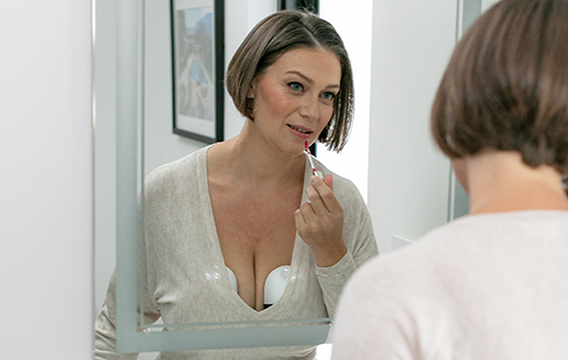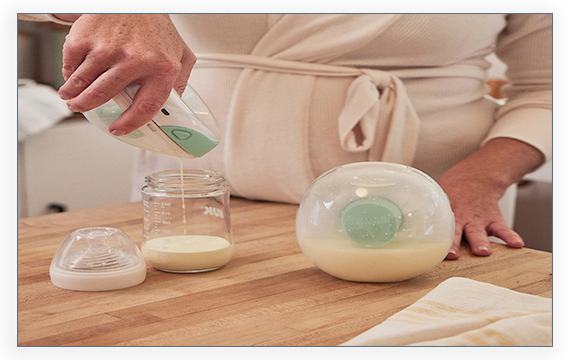CoreVantage Diabetes Webinar Series
Whether you’re just getting started or looking for new tools and insights, our free webinar series is here to support you every step of the way. Attend one session or join them all—whatever fits your journey!

Transform the Way You Manage Diabetes—One Webinar at a Time!
Managing diabetes can feel overwhelming, but you don’t have to navigate it alone. Our free webinar series is designed to give you the tools, clarity, and confidence you need to take control of your health—one step at a time.
Whether you’re newly diagnosed or simply looking to fine-tune your routine, these sessions offer straightforward guidance on the things that matter most. From understanding your blood sugar numbers to building healthier habits and making the most of diabetes technology, each webinar breaks it down in a way that’s practical, supportive, and easy to follow. Join us and take the next step in your journey to better diabetes care—right from the comfort of your home.
TAKE THE NEXT STEP TO BETTER HEALTH!
Register Today!Each webinar is designed to meet you where you are—whether you’re newly diagnosed or looking to improve your routine—with real-life strategies and clear, expert-led guidance.
- Clear, expert-led guidance
- Real-world tips you can actually use
- Supportive, judgment-free information
- Time for Q&A so you can get your questions answered
Join us for expert-led sessions, real-life strategies, and practical guidance you can actually use. Reserve your spot today and take the next step toward better diabetes care—on your terms!
Can’t attend live? No problem—register anyway, and we’ll send the recording to all registrants so you can watch it on your own time.
Tags: Blood Sugar, Diabetes, Diabetes Care, Diabetes Management, Education, Health, Management, Webinar, Wellness















